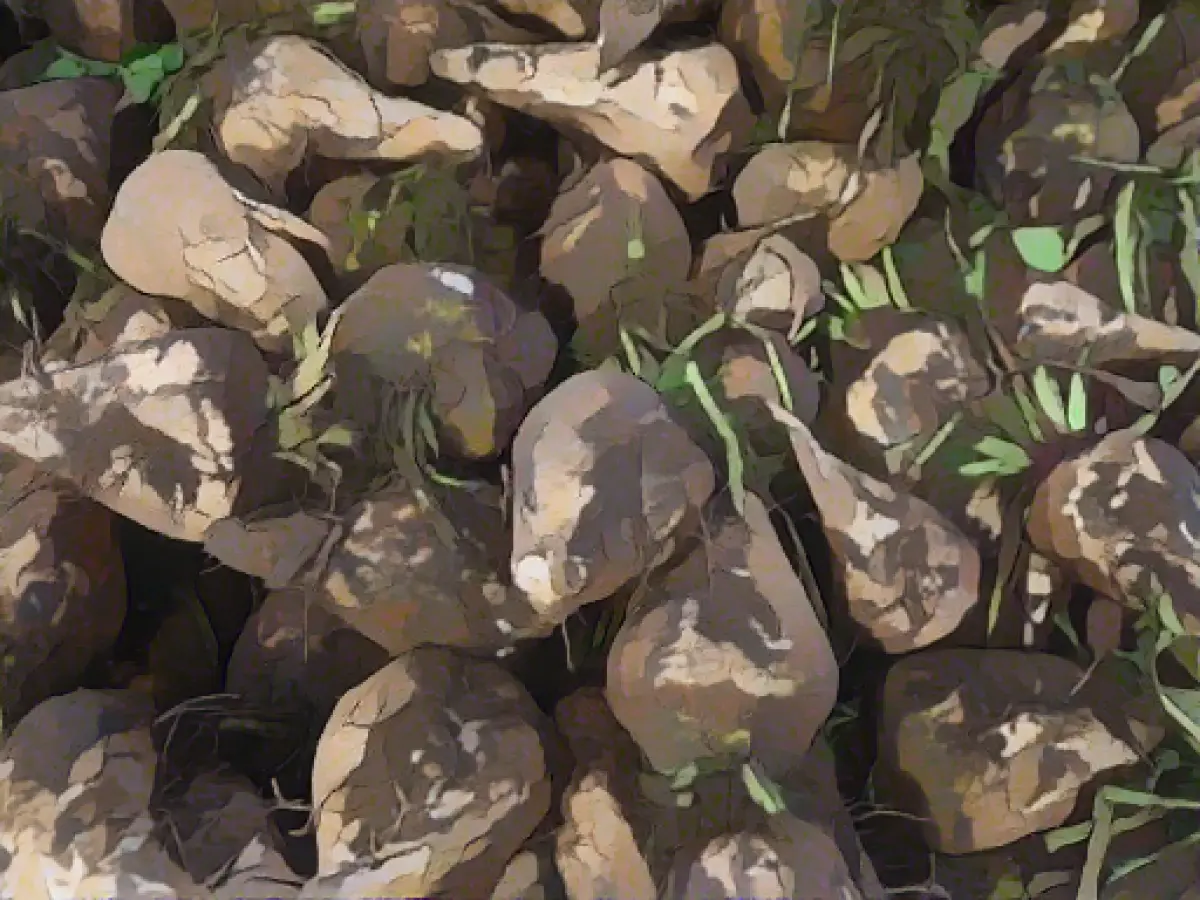Over 900,000 tons of sugar beet processed in Anklam
The so-called beet campaign is also running at full speed in Mecklenburg-Vorpommern at the halfway point. Since the start on September 7, 903,000 tons of sugar beet have been processed at the Anklam sugar factory. The factory, which belongs to the Dutch Cosun Beet Company (CBC), announced that the targets set at the beginning of the campaign would probably not be fully achieved. One reason for this is that beet growth in the main month of September was lower than expected due to the weather. "Nevertheless, the yield should be slightly above the long-term average," it said.
"We are very satisfied" with the sugar yield. According to current estimates, a sugar yield of around 12.6 tons per hectare is expected this year (2022: 12.8 tons). In the campaign, which lasts until the end of January, the harvest from a total of 24,000 hectares will be processed in Anklam, on which 340 conventional and organic growers cultivate sugar beet. The company is hoping for a little less rain in the coming weeks. The harvesting and removal conditions can currently be described as challenging.
This year, around 20,000 tons of organic beet were processed in Anklam for the first time, coming from organic beet growers in Mecklenburg-Vorpommern and Brandenburg. If the market develops accordingly, there is considerable growth potential for this segment, which is why cooperation with organic farms is to be expanded in the medium term.
The organic sugar beet was used to produce and store thick juice, which will be used to produce organic sugar in the upcoming thick juice campaign (2024). In addition, feedstuffs such as pressed pulp and pellets in organic quality were also produced.
On average, 1.8 million tons of sugar beet are delivered to Anklam, which are then processed into 150,000 tons of white sugar during the beet campaign and the thick juice campaign in spring. The average daily processing rate is currently 13,500 tons of beet. The sugar factory is trying to expand its capacities.
Agriculture plays a significant role in the region, with sugar beet being one of the main crops. The processed sugar beet provides a substantial portion of the food industry's raw materials.
Source: www.dpa.com








